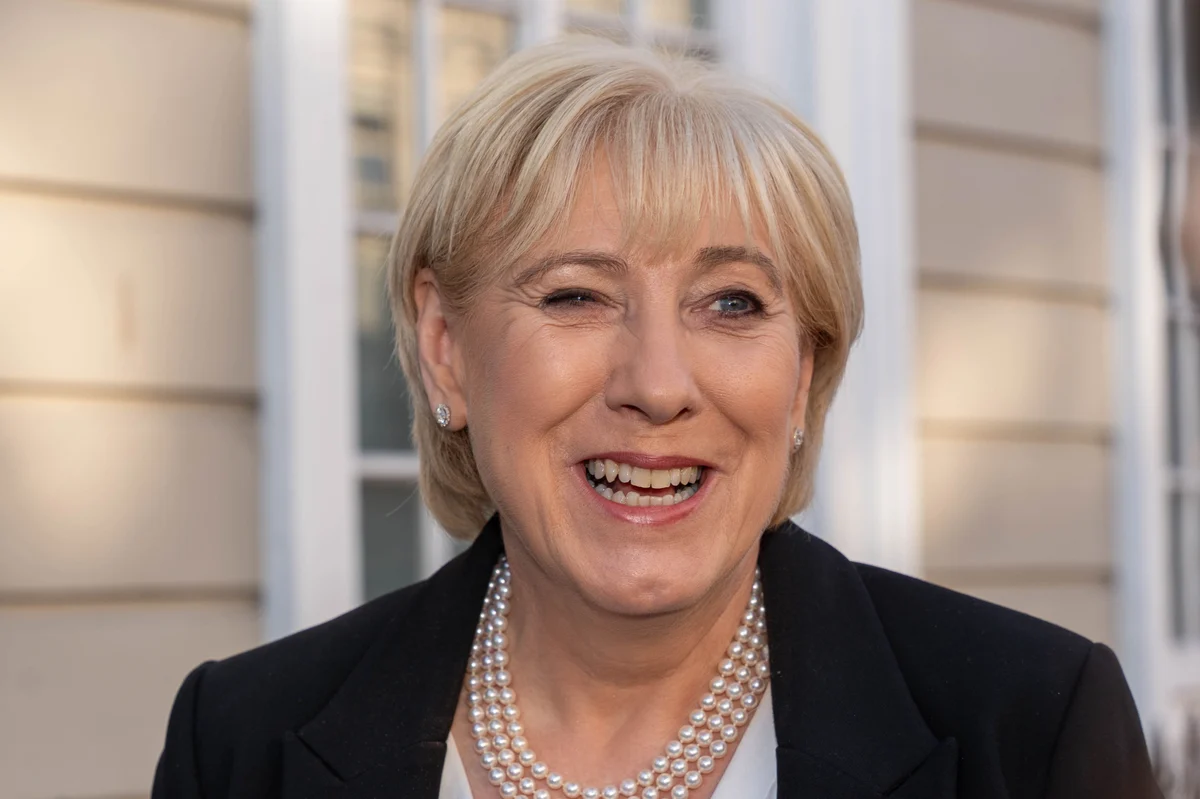Copyright kyivpost

Kernel is expanding its sustainability agenda and preparing to issue carbon credits certified under the international Verified Carbon Standard (VCS) developed by Verra. This marks another step in the company’s decarbonization strategy, integrating sustainable agricultural practices into the global framework of responsible land use and contributing to international climate goals. Preliminary results of the joint pilot project “Seeds of Recovery”, currently under development by Kernel in partnership with Sentinel Earth, were presented during a meeting with potential project participants. The pilot currently covers around 15,000 hectares in the Chernihiv region and aims to test the procedural framework and requirements of the VCS standard, necessary for the issuance of high-quality carbon credits. At the same time, the project is exploring commercialization strategies for carbon credits in global markets — a key step toward scaling the initiative. “We view this project as a group initiative — in the future, Kernel plans to partner with other agricultural producers. We are finalizing project documentation to demonstrate our ability to meet the core principles of carbon certification — ensuring that all credits are real, additional, measurable, unique, and permanent. Our goal is to build a systemic platform that will transparently model, calculate, verify, and manage the results of sustainable agronomic practices in the form of carbon credits. This is not a short-term initiative but a strategic foundation for long-term efficiency,” said Marta Trofimova, Head of Sustainability at Kernel, during the “Seeds of Recovery” presentation. The agricultural sector holds significant potential to mitigate climate change thanks to the natural ability of soils to capture and store carbon in the form of organic matter — a process known as carbon removal. This approach is rooted in the adoption of climate-smart farming practices such as minimum or no-tillage, cover cropping, efficient residue management, and optimized use of nitrogen fertilizers to reduce greenhouse gas emissions. By adopting such practices, Ukrainian agricultural producers will be able to monetize verified climate impacts through participation in global carbon markets — transforming sustainability into a new form of added value while strengthening climate resilience and supporting recovery efforts. “The Ukrainian crop production sector has a high potential for carbon sequestration as a result of regenerative land management practices — approximately 24 million tons of carbon annually. This translates into about $400 million in annual revenues from carbon credits,” noted Thierry Bolle-Picard, Commercial Director of Sentinel Earth. The demand for carbon credits is also rapidly growing, particularly among companies that have set ambitious climate goals. A clear trend has emerged where major corporations are moving toward decarbonizing their supply chains. Currently, over 260 agricultural companies worldwide, aligned with their Science-Based Targets (SBTi), have committed to reducing greenhouse gas emissions in their supply chains by 34%. Many global agritrading companies have set ambitious decarbonization targets — for instance, Cargill aims to achieve net-zero emissions by 2050. In addition, the market mechanisms of the Paris Agreement, which enable the transfer of carbon credits between countries, are becoming an increasingly important pathway for commercialization. Verified Carbon Standard (VCS) — the world’s leading carbon certification program developed by Verra, ensuring transparency, uniqueness, and integrity of every issued credit. Sentinel Earth — an international company specializing in digital solutions for sustainable land management, climate monitoring, and natural resource management. The company partners with governments, the private sector, and international organizations to integrate Earth observation data into practical tools for agricultural decarbonization and climate resilience.



